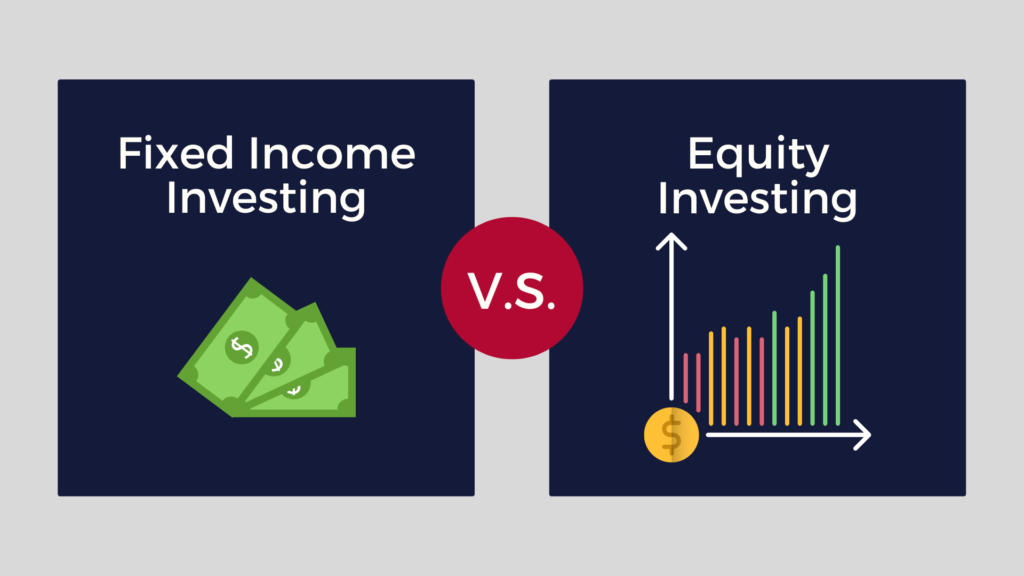Fixed Income Investing vs. Equity Investing

The most common asset classes held in a portfolio are equities (e.g. common stocks), fixed income (e.g. bonds) and to a lesser extent, alternative investments (specialty funds, mortgages etc.). A high-net-worth individual, foundation, corporation, institution or trust may employ the services of several managers, each of whom specializes in one of these three asset classes, to form an overall diversified investment portfolio. This article discusses the main differences between fixed income and equity investing and highlights a major difference between the two during inflationary periods.



